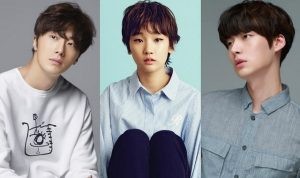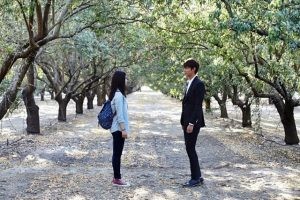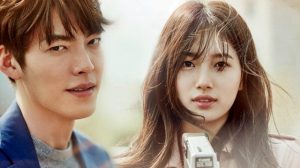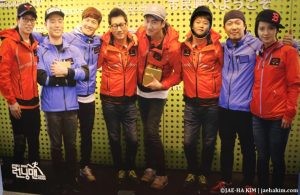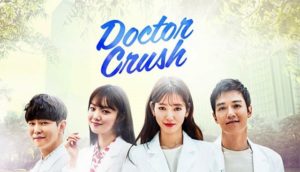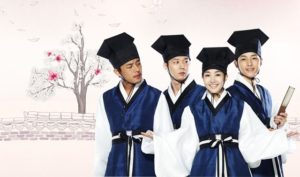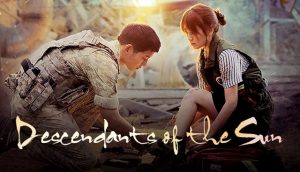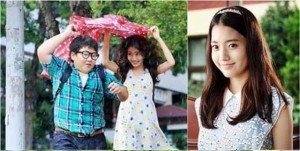“Goblin: The Lonely and Great God” (쓸쓸하고 찬란하신 도깨비)
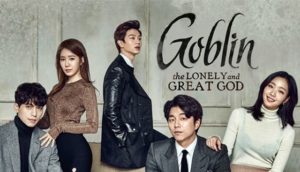
There are few things in life that would be more difficult than to watch generations of loved ones grow old and die, while you live on for centuries without them. Such is the case with Kim Shin, a dokkaebi (goblin). For more than 900 years, he has been cursed to live a life of loneliness as atonement for all the enemies he killed during his days as an unbeatable general. Yes, his victims would’ve slain him if they had the opportunity. But, as God says in the narration, they were all precious creations, as well.
